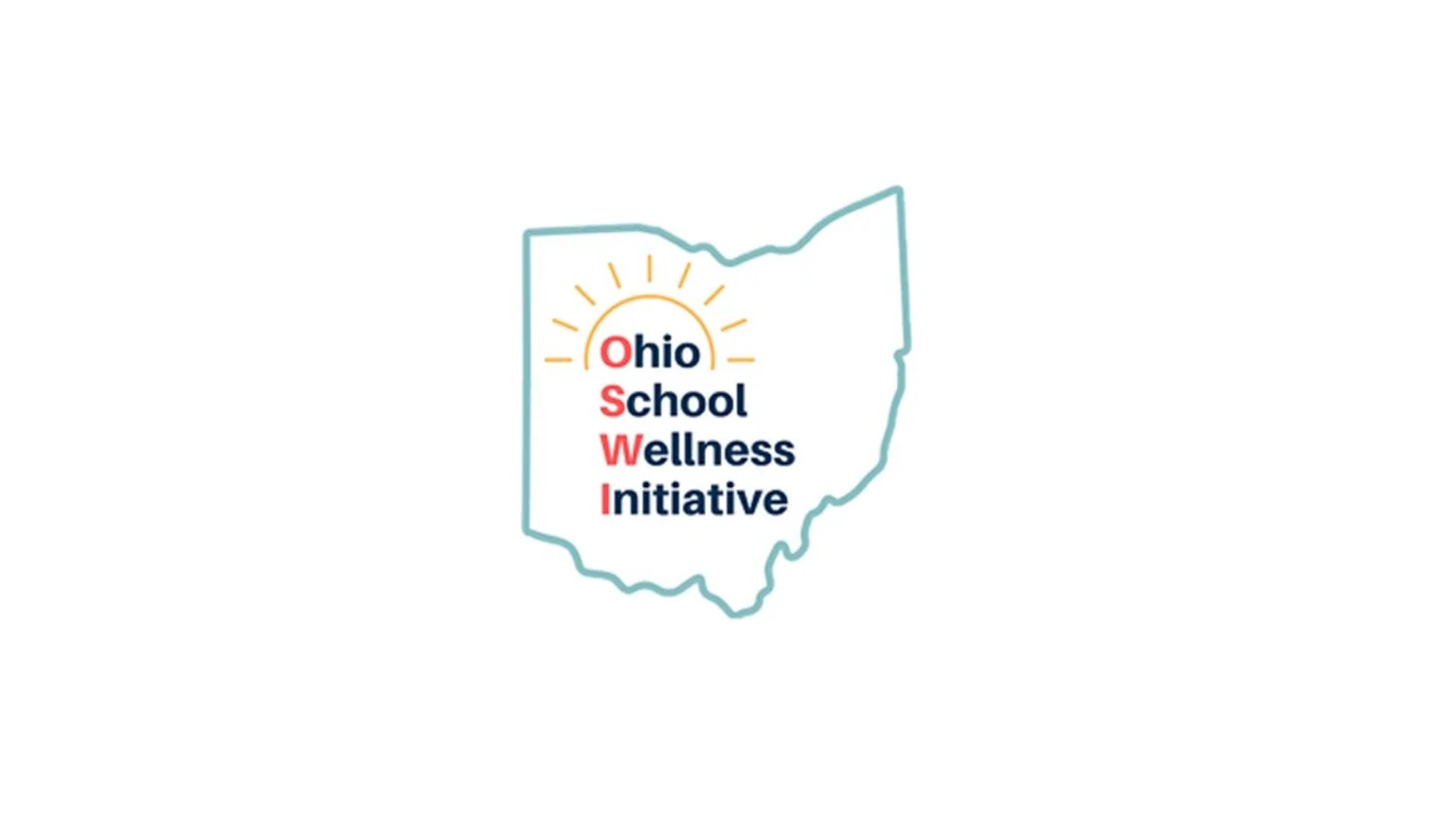
Education Worker Toolkit
Like all Canadians, education workers and teachers experience mental health challenges. As part of a larger study of Canadian professional workers, 1146 education workers completed a survey to explore their experiences with mental health, leaves of absence, and return to work between November 2020 and May 2021.
Click below for the education report
A high number of education workers in our study, over 50%, reported having had a mental health issue at some point during their careers, with female teachers reporting high rates.
53 education workers were interviewed about their experiences. Themes such as increased workload, digital stress, the impact of leadership, social isolation and feeling disconnected were mentioned most often.
Our research team utilized survey data and interview stories to curate a list of resources to help improve education worker mental health with a focus on system, organization and team level resources.

What Interviewee’s are Saying:
“Nobody quits a job. They Quit a Manager”
“My interactions with health and wellness have left me feeling frustrated and feeling like I’m a number and not a person”
Taking Care of Teachers: Mental Health & Wellbeing Hub
This virtual hub includes information, tools, and resources on school staff mental health and wellbeing. Topics cover staff wellbeing, school culture, supporting teams and measuring success.
Mentally Healthy Schools: Resource Hub
This resource hub is for classroom and wellbeing support. Resources include online activities, toolkits, trainings, videos, podcasts, lesson plans and more.
Microaggressions: staff meeting presentation and guidance
A microaggression is 'an act or a remark that discriminates against one or more members of a minority group, either deliberately or by mistake.' This training includes a PowerPoint and guidance on delivering a presentation about microaggressions to staff members.
Anti-racism policy template
Developing and implementing a school anti-racism policy can have a number of benefits including, increased recruitment and rentention of racially minoritised staff and increased self-esteem and confidence of students. This document provides guidance on how to write an anti-racism policy.
Supporting staff from racially minoritised groups
Supporting staff from diverse backgrounds involves looking at the 'hidden workload' that teachers from racially minoritised backgrounds may encounter. This document provides actionable items that schools can do to support the mental health and wellbeing of staff from racially minoritised groups.
New Teachers: Tips for a Successful 1st Year!
In this 30 minute video, you will benefit from a condensed 30 years of teaching and coaching training to support you and prepare you for your first years of teaching. You will find incredible tips for embracing the reality of your new year, optimizing your wellness and mindset, releasing fear and creating health days guilt free.
Ohio School Wellness Initiative
The Ohio School Wellness Initiative is committed to supporting K-12 schools across the state and providing resources and guidance to promote well-being for school staff in all positions. The School Staff Wellness Manual provides assessments, planning tools, resources, and sample activities that can be incorporated throughout the school year to promote wellness for individual school staff members as well as thinking about wellness holistically for school teams.
New Administrator Support Program
This series of professional learning opportunities is offered to newly appointed vice-principals and principals from anywhere in the world. Through discussions with experienced principals and vice-principals, facilitated learning sessions and networking opportunities participants will address challenges and recognize opportunities as they move through their first school year as administrators.
The Teacher App
This app aims to help teachers take care of themselves and feel stronger when it comes to navigating mental health. This can be achieved through community and providing services to connect, heal, and learn.
Restructure the School Year
The four-day school week has received mixed reviews in the literature. “A shortened workweek is not a ‘magic pill’ to solve the problem. If we don’t improve working conditions and compensate educators properly, the length of the workweek will not matter.” Barnes, 2022
Recharge Room
A recharge room is a quiet space for teachers to relax featuring amenities like massage and lounge chairs, treadmills, hammocks, and yoga equipment.
Subtract Duties from Teaching
This article outlines the power of taking something away as opposed to continually adding to work responsibilities/expectations. What could we subtract from the school day that would improve teacher mental health/wellbeing?
Teacher Driven Professional Development (PD) Days
Teachers want to be heard and have choice/time to engage in professional development opportunities that will benefit their mental health/wellbeing. This will look and sound differently across school boards/districts depending on educator needs.
Sex and Gender Based Analysis Workplace Discrimination and Bias Toolkit
The SGBA Workplace Discrimination Bias Toolkit provides common definitions and language along with promising practices to help address workplace discrimination.
Sex and Gender Based Analysis Harassment and Bullying Toolkit
The SGBA harrassment and bullying toolkit provides common definitions and language, describes the impact of bullying and harassment on mental health and outlines promising practices to address bullying and harassment.
Workplace Wellbeing and Mental Health Toolkit
Alberta Health Services created evidence-based actionable strategies to help workplaces increase support for individual mental health in the workplace.
Addressing Racism in the K-12 Workplace
This article discusses how anti-racism is integral to staff well-being. School districts should feature acknowledgement, community partnership and leadership, accountability, disaggregated race-based data collection, transparent monitoring and reporting along with policy development and implementation.
Well at Work K-12 Leadership Course
This course with modules delivered by Canadian school district leaders and subject matter experts, this course prepares education leaders to undertake a systemic approach aimed at sustainably improving employee wellbeing which contributes to a more positive school environment for students.
Focus on Administrator Wellbeing
This article challenges readers to rethink administrative work that does not have student learning at its core. Workload volume is the highest source of stress, so action to reduce and change this is urgently needed.
Leading Mentally Healthy Schools
This document provides an overview of key information and resources helpful to administrators in fostering mentally healthy school environments for students and staff.




























This Toolkit explores how to implement the Canadian Healthy School Standards, with a specific focus on the actions needed at a school system leadership level. It provides a pathway to follow in the form of six interconnected checklists, along with connections to additional resources.